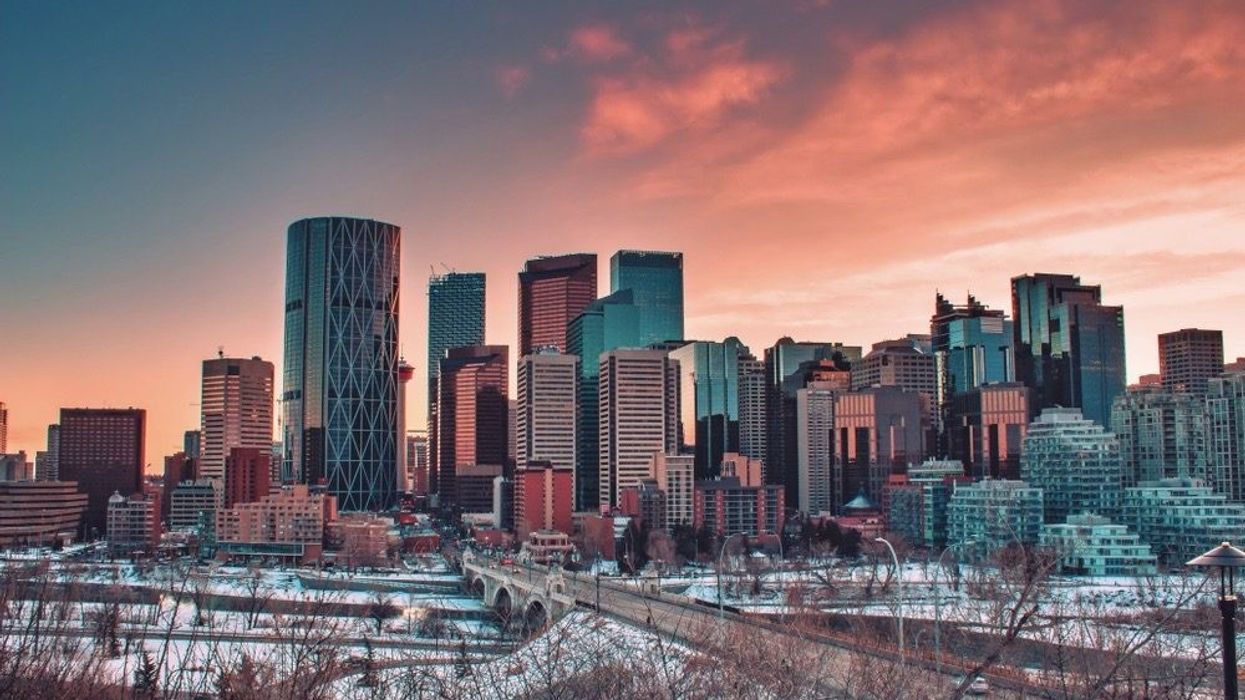Calgary’s housing market is hot these days—although it’s getting a little outside help.
“There’s lots of inquiries and some activity, and frequently, it’s people who are now able to work remotely. They may still maintain their employment in Ontario but they’re living here,” said Croft Axsen, Co-owner of DLC Jencor Mortgage Corporation in Calgary. “We do have some first-time buyers who are inquiring about buying here as a rental because they can’t afford to purchase in Toronto, and the same is happening with people from Vancouver.”
Axsen recounts an inquiry from a man in the Lower Mainland whose home was worth $1.7M and who contemplated moving to Calgary to buy a house and two rentals. Another similar inquiry came from a Toronto couple who worked as a forklift operator and a McDonald’s floor manager and were sitting on $1.6M in home equity but figured that they could buy a nicer house in Calgary for $400,000.
The Hottest Market in 15 Years
Calgary’s economy had been in the doldrums since oil and gas plummeted in 2014. But by February 2022, the benchmark price of a detached house in the city grew by $90,000 year-over-year to $596,400, while semi-detached houses increased by 16% to $461,400. According to the most recent data from the Canadian Real Estate Association, a total of 4,238 homes sold in the city in February, a whopping year-over-year change of 70.5%.
READ: Interprovincial Migration Peaked During the Pandemic. That's a Challenge for Local Real Estate
Axsen says activity in the local market hasn’t been this frenetic since around 2006. Until a few months ago, homebuyers sometimes worried about being able to sell their homes before buying new ones, but that is far from the case today.
“Unconditional offers here are becoming common but that was unheard for 15 years,” he said. “The last time we had a noticeable number of unconditional offers was around 2006-07; since then it has been a buyer’s market in Calgary. But maybe starting in November -- and prices have been increasing since 2021 -- there’s been a noticeable change in the market since late last fall and it’s become a sellers market with prices going up quite a bit and there isn’t a lot of inventory.”
While many are end users, investors from Toronto and Vancouver are looking for rental properties in Calgary and their presence hasn’t gone unnoticed. Housing market analyst Steve Saretsky says Calgary is attracting a lot of investor attention from outside of the province, namely Ontario and British Columbia, where rental properties rarely cover mortgages in the larger urban centres. But with Calgary’s economy in recovery and the standard of living very affordable, whether through ownership or rental, workers are returning to the city.
“The structural Macro backdrop for the oil market in Canada looks pretty positive, so that’s brought a lot of renewed attention, and another component of that is [housing prices in] most of Canada [have] increased 30-50% over the last 18 months and it’s become quite unaffordable and people are looking for greener pastures,” said the Vancouver-based Saretsky, who also works as a realtor.
“I’m getting a lot of inquiries personally because I’m doing stuff over [in Calgary], so people are asking me to guide them with what to do and who to talk to. Nobody was making those calls two or three years ago; everybody thought oil was going to zero and we were going to live in this fantasy world living off wind turbines, but oil is making a comeback.”
Affordability challenges aren’t dissipating any time soon, and for many Canadians that means moving to another city in another province where the job prospects are promising and the opportunity to raise a family without having to scrape is too goo to pass up. Saretsky points to the blue state exodus in the United States, where people are leaving Democratic states en masse and moving to Republican states because there’s better job creation, lower taxes, and even less stringent COVID-related strictures. He wonders if Calgary is Canada’s answer to the Sun Belt.
“It’s pro-business and has low taxes, and it’s pretty attractive there, from an affordability standard of living,” Saretsky said. “Calgary has a young, educated workforce with low taxes. It’s Canada’s fourth-largest major metropolitan; it’s not like you’re going to New Brunswick -- there’s lots to do. It has a couple of big universities, a hockey team, a football team, they’ve got everything there.”





















